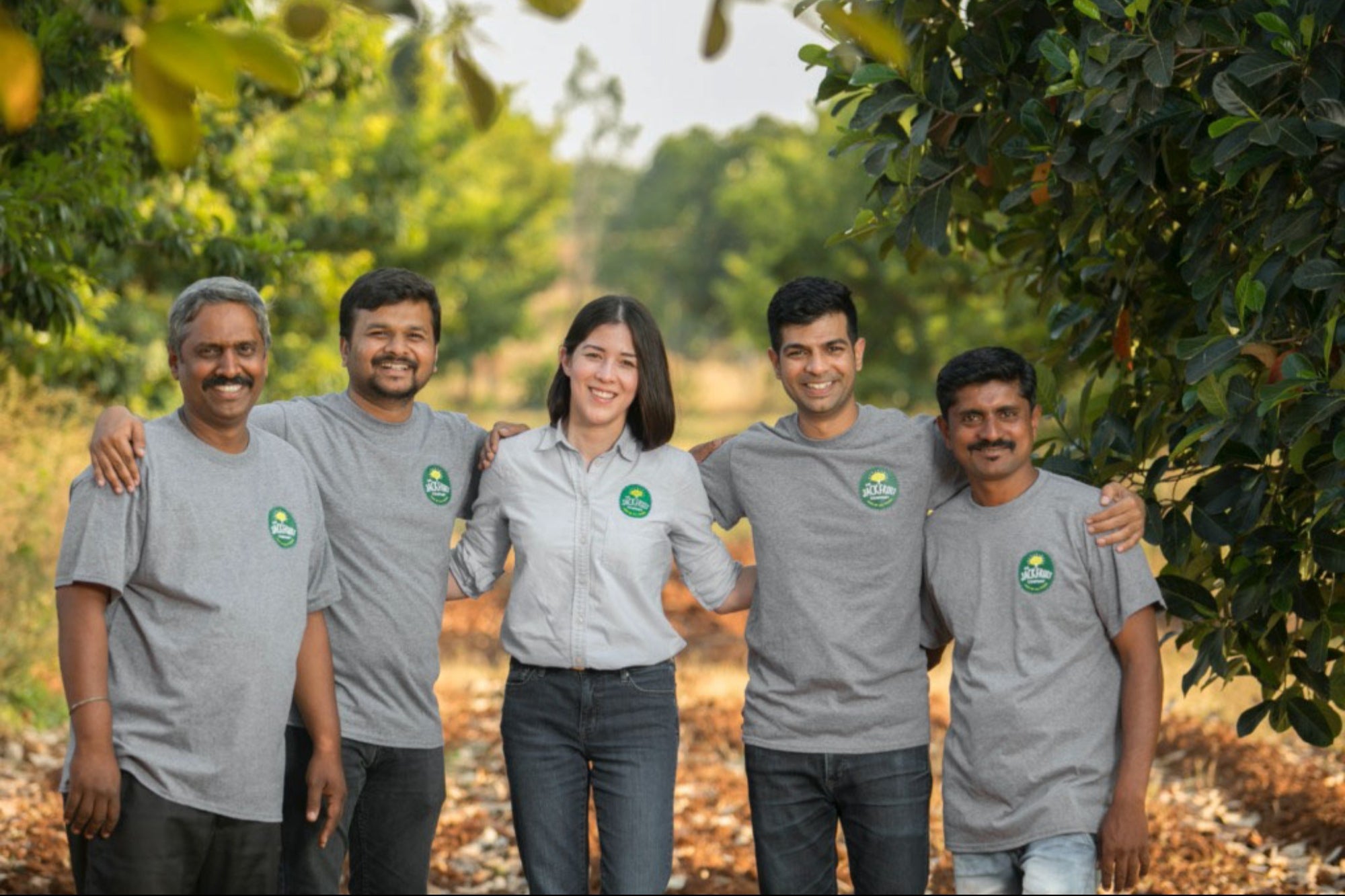Creating Value For Farmers And Consumers Across Two Continents With Farm Grown Plant-Based Food Demand for plant-based meats has increased dramatically the last decade and is projected to continue its rise in the coming years.
By Alex Bodra
Opinions expressed by Entrepreneur contributors are their own.
You're reading Entrepreneur India, an international franchise of Entrepreneur Media.

Demand for plant-based meats has increased dramatically the last decade and is projected to continue its rise in the coming years. A Bloomberg Intelligence report from 2021 states the plant-based foods market could make up to 7.7% of the global protein market by 2030, with a value of over $162 billion, up from $29.4 billion in 2020. Growth in demand for plant-based meat is driven by multiple factors, such as consumer concerns about health, carbon emissions, and animal welfare.
Raising livestock for food necessitates massive amounts of feed, pastureland, water, and fossil fuels. The US Environmental Protection Agency (EPA) has admitted that livestock pollution is the one of the most serious threats to our waterways. Moreover, large areas of forest have been cleared to make way for pastures to support animal farming. The alarming climate crisis necessitates exploration of prompt solutions that not only result in decreased consumption of animal-based protein, but also promote regenerative agriculture practices or expand forest lands in tropical countries.
Creating a solution
The Jackfruit Company is on a mission to create delicious and wholesome foods that feature jackfruit, an underutilized crop that is one of the world's most sustainable and regenerative plants, as the primary ingredient. The company has built the premier jackfruit supply chain and R&D systems to make market-leading jackfruit-based foods.
Annie Ryu, CEO and founder, started the company in 2011 after she first saw jackfruit during a visit to India. Annie decided to build a company around this miracle fruit and make products that help consumers eat better, reduce their carbon footprint, and increase income for farmers. Today, The Jackfruit Company works with over 1700 farmers. "We have always known that our environmental impact is strong. Jackfruit is one of the most sustainable crops, and we partner with our farmers on regenerative practices," said Annie Ryu. "Leveraging jackfruit's natural, meaty texture and juiciness, our jackfruit-based foods have the taste and texture of meat, and the nutritional benefits of plants."
The Jackfruit Company is a truly global company with teams in India and the US working together to make a positive impact. The company has built novel sourcing systems with farmers, SHGs, FPOs, NGOs and manufacturing partners. Operations in India are managed by an India-based team led by Rahul Shrikant Palange, VP International Operations and Managing Director – India. Rahul is a management graduate from Stanford University and is passionate about sustainable supply-chain systems for the food industry. He states, "The novel supply chains that we've built have helped create a food system that offers consumers both a healthy diet and a lower carbon footprint, and provide small-holder farmers an opportunity to earn incremental income. As we make jackfruit part of mainstream consumption, this food system will play an important role in solving this century's critical problems – public health, climate change and economic empowerment".
The company is a leader in the plant-based meat category, with its jack & annie's and The Jackfruit Company brands distributed in several thousand US retail stores. As consumers and customers seek plant-based foods that deliver the benefits of plants with less processing, the company is positioned and prepared for rapid expansion.
